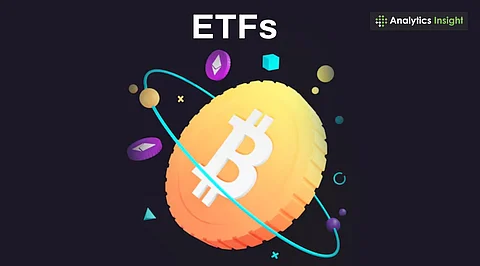

The US government officially recognizes Bitcoin (BTC) as a Treasury Reserve Asset. The deal is clear evidence of a bigger shift towards gaining a dominant position in the global cryptocurrency strategy. The US Treasury has about 200,000 BTC or between $15 and $20 billion worth of Bitcoin, but they have obtained it all through legal forfeitures, not through the open market.
Treasury Secretary Scott Bessent stated that the policy ensures that such holdings will not affect prevailing market liquidity and cannot result in a break in the source of supply. The government also said that it does not plan to sell these reserves anytime soon. This promise is needed to reduce fluctuations in the market and to create a more secure system of introducing digital assets into the financial reserves of the countries.
This decision not to buy any Bitcoin in the market is a key step towards maintaining current price movements. The US can raise the money to use by only seizing the money without adding pressure to supply and demand cycles. The strategy is also relevant to the administration's policy to achieve budget neutrality, as it gradually introduces digital assets into the Treasury's system.
When you store Bitcoin without having large-scale buy-ins, it is also less likely to experience price growth. Market analysts observe that such passive accumulation assists in avoiding speculative highs and lows commonly tied with broad institutional entry. Simultaneously, the government's assurance that it will not sell also injects a degree of predictability that may help build investor confidence on a lasting basis.
Future developments will rely on changing regulatory initiatives. An example involves the BITCOIN Act of 2025 by Senator Cynthia Lummis, which seeks to expand the government's ability to buy Bitcoin. Although the bill is still at the committee level, it indicates possible changes in federal policy toward increased participation in digital assets.
With the government already identifying Bitcoin as a possible reserve currency, its acceptance may impact the way other digital currencies are viewed, as lawmakers still debate regulation. Nevertheless, the overall effect of this change on the crypto market will be determined by legislative decisions and how the agencies will enact the related policies.
Also Read: Swedish Lawmakers Propose National Bitcoin Reserve Using Seized Assets
